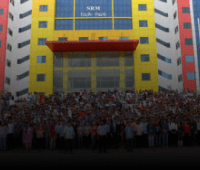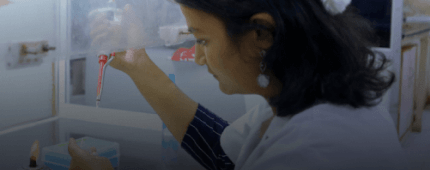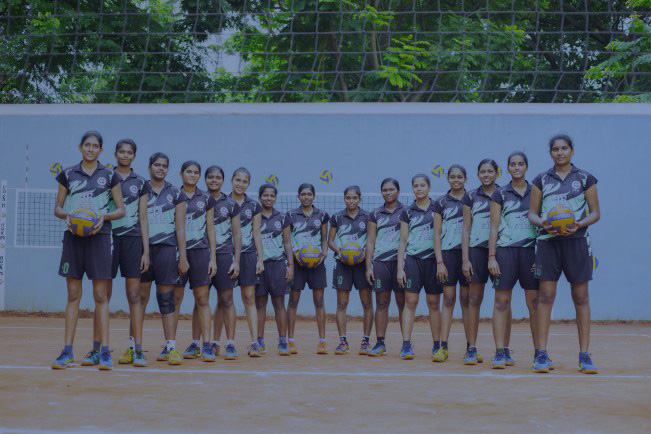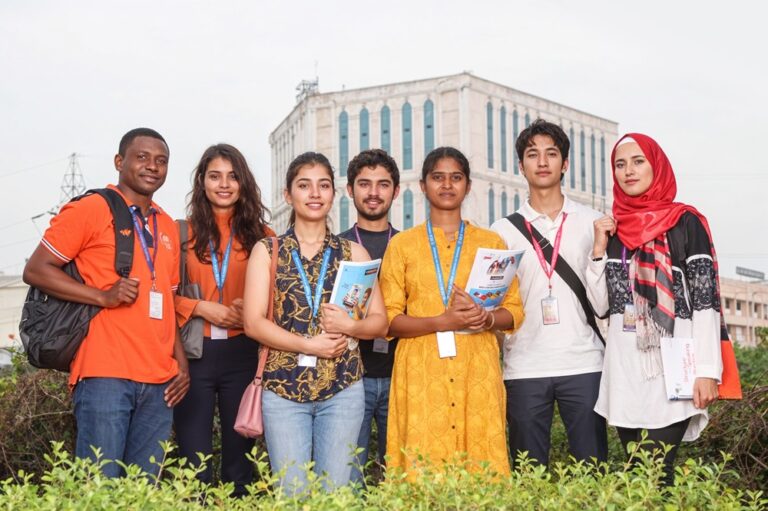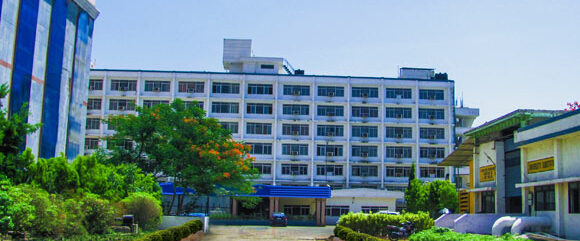Waste Treatment
- Home
- Life at SRM
- Facilities and Operations
- Waste Treatment
SRMIST - One of India's MOST GREEN CAMPUS
Water is the basic necessity of life used for many purposes recycling waters is necessary .considering this is our mind. We have established on sewage treatment. In our SRM Institute of science and technology with the assistance of STP maintenance Department.
In our campus located at three places capacity of 1.1 MLD, 2.2 MLD and 3.7 MLD. Our institution is located in nearest Chennai (40 kms).13000 students an approx. 5000 external staff and more than 40,000 students of days scholars. There by 310 acres eco-friendly area is divided into the education part including ladies hostel and faculty home land and the gent’s hostel, hospital and medical college. It is famous for being one of the greatest campus in India. The following figure we can be clearly seen that all facilities for gated community are available including energy and water supply. From rainwater Harvest, bore wells and waste water treatment .furthermore SRM Institute of technology identify and area for carrying out BIO-conversion and recycling activities
rainwater Harvest
The environmental benefits to rainwater collection include a reduction in municipal water use, maintain the water cycle & reduce flooding.
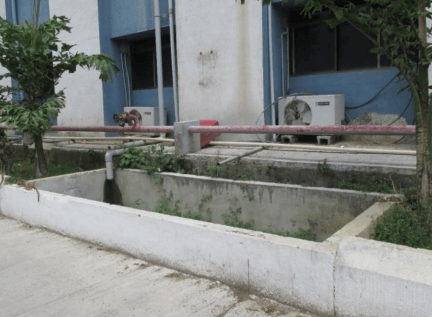
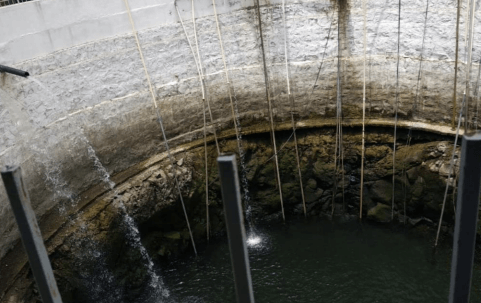
Bore Wells
Bore water is environmentally friendly because it is the natural way of recycling rainwater. Much of the rain water soaks into the ground to be available for water bore to pump onto the garden. Rain water is directed through channels to soak wells and then to the groundwater
Waste Water Treatment
This includes water and air purification, sewage treatment, environmental remediation, and waste management thereby ushering in sustainable, ecological and environmental approaches in wastewater treatment
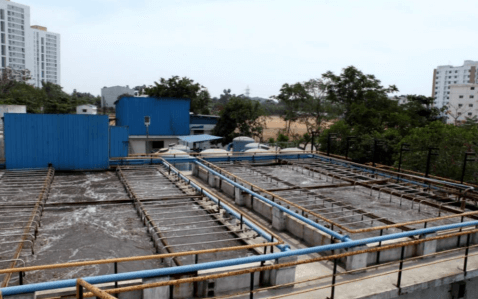
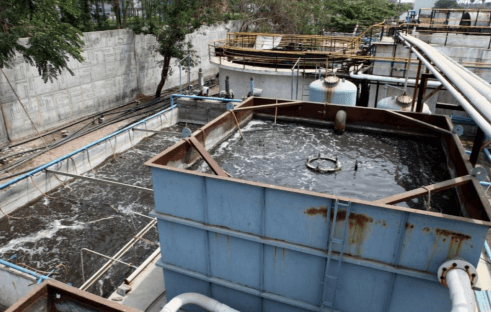
Effluent Treatment plant
Effluent is sewage that has been treated in a septic tank or sewage treatment plant. The effluent treatment facility is installed for biological treatment of the effluents. The effluent bears large amounts of organic matter.
BIO-conversion
Bioconversion, also known as biotransformation, is the conversion of organic materials, such as plant or animal waste, into usable products or energy sources
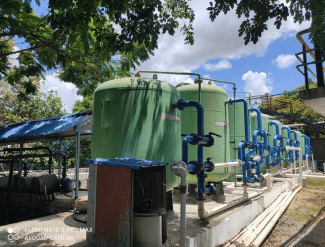

Recycling activities
Waste management & Recycling supports the campus goal to reduce the volume of waste material entering the waste stream. There are more than 1,000 segregated recycling bins on campus for biodegradable and non-bio degradable materials like paper, plastic, and aluminum cans, as well as a newspaper and cardboard drop-off.


